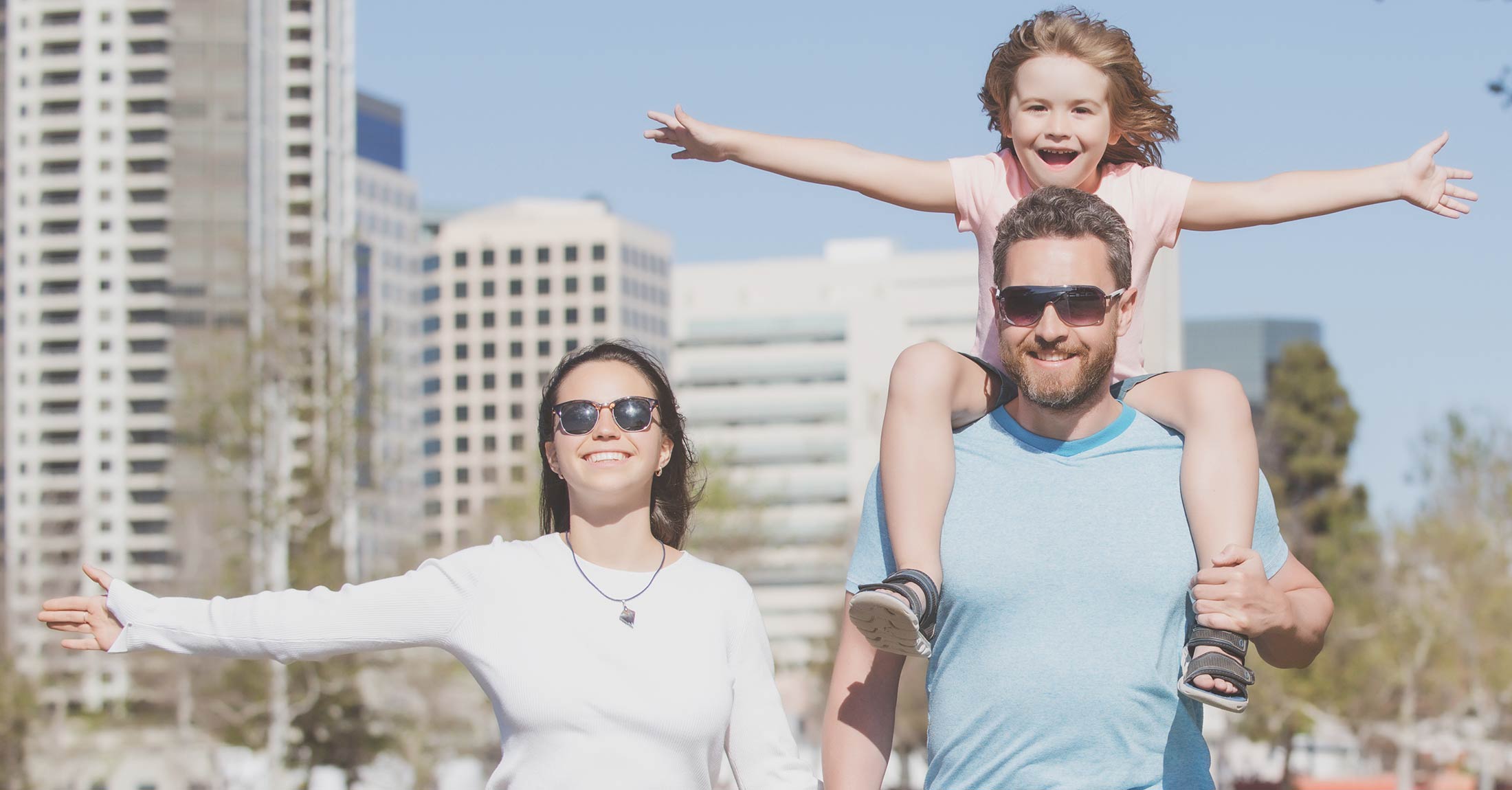Here are my best tips for keeping our brains healthy as we age
Stay physically active:
Research shows that moderate physical exercise is important for brain function, as it increases oxygen supply to the brain as well as promotes the production of new neurons (brain cells) [1,2] .
Regular physical exercise has also been associated with maintenance and sometimes improvement in thinking skills [3]. Participate in any physical activity that you enjoy; walking briskly or even gardening can make a difference!
Do activities that make you think hard:
Have you ever heard the phrase “If you don’t use it, you lose it?” Engage in activities that make you use your critical thinking. Such activities might include playing card games, reading the newspaper, listening to a lecture (or podcast) on a topic in which you are interested, or even watching a documentary and thinking deeply about it. If you enjoy playing “brain games” on your smartphone or computer, than continue to do so; however, they may not offer a greater benefit than doing everyday activities that make you think hard!
Be socially active:
Research shows that social engagement is associated with healthy brain function [4]. Make sure to socialize with others regularly, even if that means giving a friend a phone call or speaking to family members by video calling. Getting together in person is even better but may not always be possible.
Eat a healthy diet: A diet high in fruits, vegetables, whole grains, nuts, seeds, fish and olive oil has been shown to be beneficial for maintaining brain health [5]. This is otherwise known at the Mediterranean diet. Fish, seafood, dairy, and poultry can be consumed in moderation. Red meat and sugary treats should be limited.
Get good quality sleep:
Sleep is crucial for our thinking abilities. Much of the process of long-term memory actually happens while we sleep! Ensure that you are obtaining around 8 hours of sleep per night. Make sure that any medical conditions that may affect sleep, such as sleep apnea, are assessed and treated.
Manage vascular risk factors:
Untreated medical conditions, such as high blood pressure, high cholesterol, and diabetes can negatively affect your heart and brain health. Ensure that these are being treated effectively by your doctor. Quit smoking cigarettes with possible assistance from your doctor.
Think positively about aging:
While some thinking abilities decline with age, others such as expertise in a given area, knowledge about the world, and vocabulary knowledge have been shown to improve throughout the lifespan. Studies have shown that those who attempt to maintain a positive perspective on aging actually experience fewer changes in their thinking abilities as they age.[6] Try to keep in mind the good things about living life into older age!
Sources:
[1] Tyndall, A. V., Clark, C. M., Anderson, T. J., Hogan, D. B., Hill, M. D., Longman, R. S., & Poulin, M. J. (2018). Protective effects of exercise on cognition and brain health in older adults. Exercise and sport sciences reviews, 46(4), 215-223. doi: 10.1249/JES.0000000000000161.
[2] Nokia, M. S., Lensu, S., Ahtiainen, J. P., Johansson, P. P., Koch, L. G., Britton, S. L., & Kainulainen, H. (2016). Physical exercise increases adult hippocampal neurogenesis in male rats provided it is aerobic and sustained. The Journal of physiology, 594(7), 1855-1873. doi: 10.1113/JP271552.
[3] Northey, J. M., Cherbuin, N., Pumpa, K. L., Smee, D. J., & Rattray, B. (2018). Exercise interventions for cognitive function in adults older than 50: a systematic review with meta-analysis. British journal of sports medicine, 52(3), 154-160. doi: 10.1136/bjsports-2016-096587
[4] Dause, T. J., & Kirby, E. D. (2019). Aging gracefully: social engagement joins exercise and enrichment as a key lifestyle factor in resistance to age-related cognitive decline. Neural regeneration research, 14(1), 39. doi: 10.4103/1673-5374.243698
[5] Gu, Y., Brickman, A. M., Stern, Y., Habeck, C. G., Razlighi, Q. R., Luchsinger, J. A., Manly, J. J., Schupf, N., Mayeux, R., & Scarmeas, N. (2015). Mediterranean diet and brain structure in a multiethnic elderly cohort. Neurology, 85(20), 1744-1751. doi: 10.1212/WNL.0000000000002121
[6] Smith, E. B., Desai, M. M., Slade, M., & Levy, B. R. (2019). Positive aging views in the general population predict better long-term cognition for elders in eight countries. Journal of aging and health, 31(10), 1739-1747. doi:10.1177/0898264318784183





